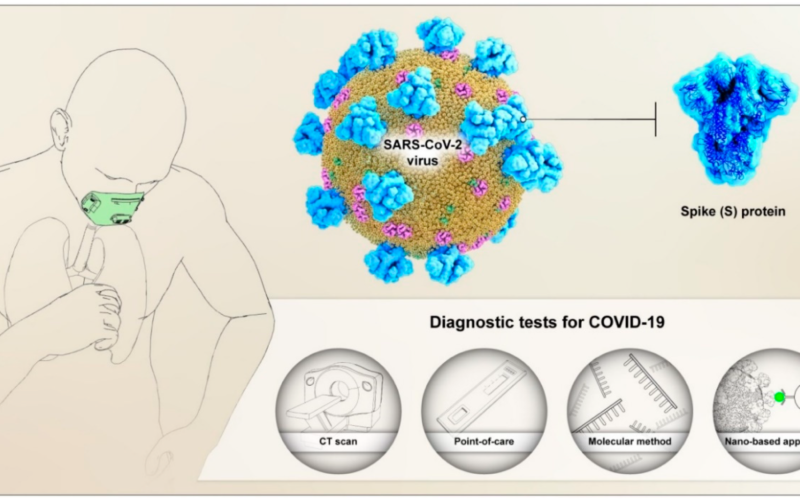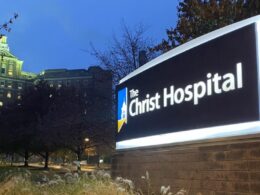The National Institutes of Health (NIH) funds studies on COVID-19 detection methods. A recent announcement by the National Institutes of Health (NIH) announced the awarding of eight research grants to support the development of novel diagnostic methods for the early detection of life-threatening COVID-19 infections in pediatric patients.
The National Institutes of Health (NIH) grants were given out as part of its Predicting Viral-Associated Inflammatory Disease Severity in Children using Laboratory Diagnostics and Artificial Intelligence (PreVAILkIds) initiative. They favor a program that investigates novel methods and applications of technologies to fill gaps in COVID-19 testing and surveillance.
Some cases of COVID-19 result in mild symptoms or no symptoms at all, but other circumstances result in severe impacts, such as multisystem inflammatory syndrome in children (MIS-C), which causes inflammation of one or more organs. These include the gastrointestinal tract, kidneys, lungs, heart, skin, eyes, heart, and lungs.
Read more: How To Get The All-Natural CBD Hemp Without Any Hustle?
The research supported by the 2020 grants resulted in the development of prototype methods and procedures that can be employed in clinics. The findings of the PreVAILkIds investigations in the year 2020 led to the development of a laboratory method that can detect immune cells associated with MIS-C and databases that can determine the risks of MIS-C and severe COVID-19 in children.
Researchers can create other means of swiftly diagnosing MIS-C and establishing whether individuals are at an elevated risk of severe long-term impacts from COVID-19 with the assistance of the new funding.
Dr. Jane C. Burns, who works at the University of California, was one of the people to get the most recent prize. The award was given to Burns for his ability to diagnose and anticipate the risks in children with COVID-19-linked disorders.
Cedric Manlhiot, who holds a doctorate from Johns Hopkins University, is yet another person to receive this distinction. A data science strategy developed by Manliot was deemed deserving of the award for its use in locating and controlling MIS-C about COVID-19.
Ananth V. Annapragada, Ph.D., from the Baylor College of Medicine, is the third person to get this award. He and his team used artificial intelligence to evaluate the risk of COVID-19 for children. The Children’s Hospital of Philadelphia’s Audrey R. Odom John, MD, Ph.D., is the fourth person to get this award. She was recognized for her work in diagnosing MIS-C in febrile children.
Usha Sethuraman, MD, is the fifth person to get this award for her research on the use of severity protectors in children with COVID-19, which integrated salivary transcriptomics and proteomics with multi neural network intelligence.
Juan C. Salazar, MD, MPH, of the Connecticut Children’s Medical Center, is the sixth person to win this award for his research on determining biomarker signatures that have a predictive value for MIS-C. Charles Yen Chiu, MD, Ph.D., from the University of California, is the eighth person to get this award. He is being recognized for his work on the identification and clinical validation of host biomarkers of disease severity and MIS-C in instances with COVID-19.
The third honoree was Lawrence Kleinman, MD, MPH, from the Rutgers Robert Wood Johnson Medical School. He was recognized for his work in establishing a network that broadened clinical and translational approaches to the problem of forecasting the severity of COVID-19 illness in children.









